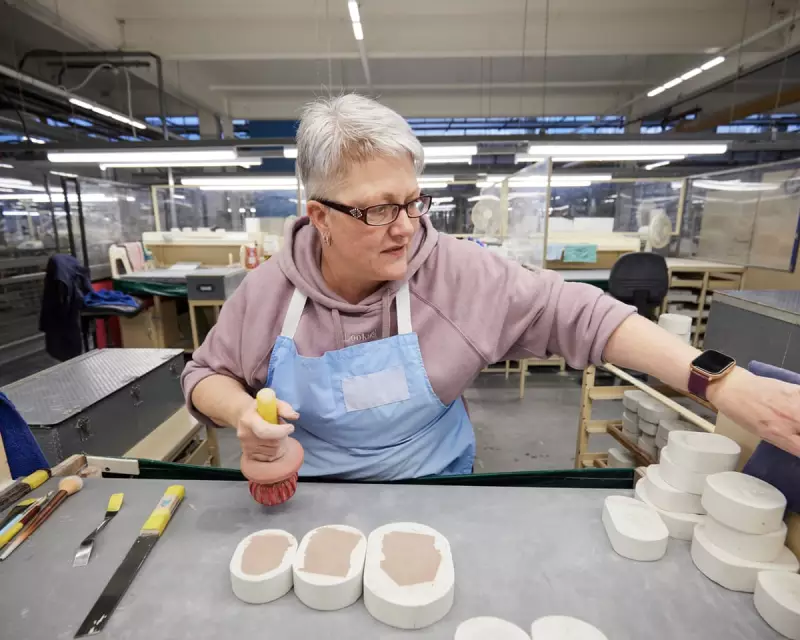
The very soul of Stoke-on-Trent, the world-reamous Potteries, is under threat. This is not merely a story of a struggling factory or a dip in sales; it is a profound existential crisis for a region whose identity has been forged in clay and kiln for over 250 years.
A Perfect Storm of Economic Pressures
The challenges facing the area are multifaceted and severe. Soaring energy prices have dealt a crippling blow to an industry reliant on intense, 24/7 firing processes. Coupled with a post-Brexit slump in exports and a cost of living crisis that has dampened consumer spending on premium goods, the traditional economic model is fracturing.
For iconic names like Wedgwood, the pressure is immense. They are battling to preserve centuries of craftmanship while navigating a brutal modern economic landscape that shows little mercy.
The Human Cost of Industrial Decline
Beyond the balance sheets, this crisis has a profound human dimension. The Potteries are a tight-knit community where skills and pride have been passed down through generations. The potential unraveling of this fabric represents more than job losses; it signifies a loss of purpose, heritage, and community spirit.
Local authorities, including Stoke-on-Trent City Council, face an almost impossible task: steering a region through deindustrialisation while protecting its unique character and supporting its workforce.
A Fight for the Future: Reinvention or Relic?
The critical question now is not just about survival, but about transformation. Can Stoke-on-Trent leverage its unparalleled heritage as a springboard for a new future? Potential pathways include:
- Heritage-Led Regeneration: Capitalising on its global brand and history to boost tourism and the experience economy.
- Innovation in Manufacturing: Pioneering new, energy-efficient technologies and high-value, specialised ceramic products for tech and medical industries.
- Skills reinvestment: Harnessing the existing skilled workforce and adapting training for new advanced manufacturing roles.
The fate of the Potteries is a bellwether for post-industrial Britain. Its struggle is a stark reminder that economic shifts are not abstract—they reshape communities and erase identities. The response here will be a lesson for other historic heartlands across the UK, testing the nation's ability to honour its past while forging a sustainable future.





